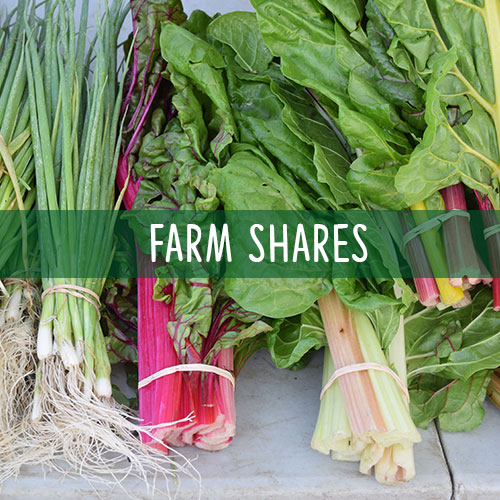FOOD
A Right to Food
At The Food Project, we believe that every person has the right to food. To us, that means the ability to buy or grow the food that allows you to thrive.
Right to Buy Food
In service of the right to buy food, The Food Project’s youth, staff, and volunteers grow ~200,000 pounds of food each year on our farms and operate farmers’ markets in Boston’s Dudley neighborhood and in Lynn. Our farms make fresh, culturally-relevant produce available to neighbors and provide a platform for testing new affordability models. These markets were the first in Massachusetts to accept electronic SNAP benefits, and to pilot the SNAP-matching programs that have now been adopted statewide.
The Food Project also partners with locally-owned corner stores in Dudley and in Lynn to make the same great produce available and affordable through those businesses.
Right to Grow Food
To support the right to grow food, we install 100 raised-bed gardens each year for local households and organizations through our Build-A-Garden program. The Dudley Greenhouse, which we manage in partnership with neighborhood residents, serves as a vibrant resource hub and community gathering place for gardeners.
The North Shore Community College Greenhouse, which we manage in partnership with North Shore Community College, is incubating seedlings for the North Shore’s urban and suburban farms and providing a horticultural learning space for local college students. Children of all ages learn about growing their own food and eating healthily during our “Salad Days” initiative in the Lynn Public Schools.
We firmly believe that the people who live in a place know best what it needs, so we’ve engaged neighborhood residents in Boston’s Dudley neighborhood and in the city of Lynn to articulate their vision for their food systems. In each community, The Food Project now facilitates a coalition of residents, businesses, and organizations to realize those visions together, and we align our work with them. These initiatives—Dudley Grows, which launched in 2015, and Lynn Grows, which launched in 2018—offer a model for inclusive, community-designed food systems change.



